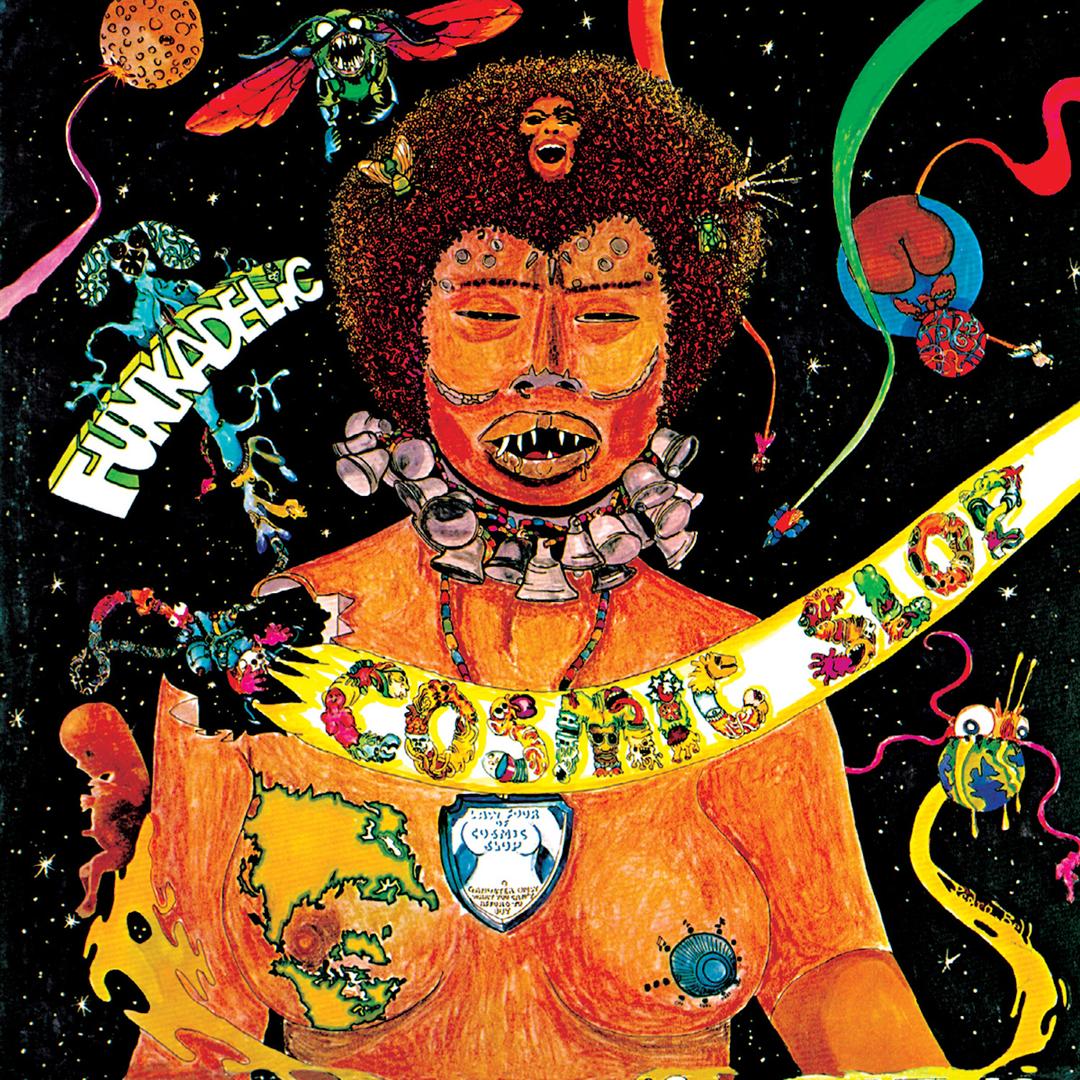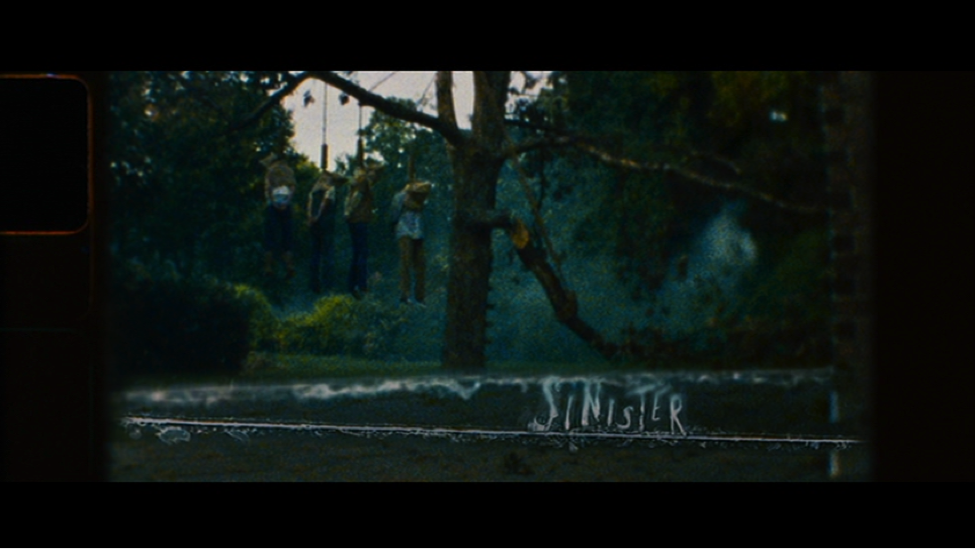Get Down: Funk, Movement, and the End of the Great Migrations
By Patrick Sullivan Funk is neither an essence nor a Black metaphysics but rather should be seen as a complex musical and aesthetic form that was created by Black artists to respond to and mediate Black experience at the end of the Great Migrations (1916-1970). Beginning in the early twentieth century and lasting through the postwar period, waves of migrating Black people left the South to urban centers of the North and West Coast, fleeing racism and pursuing economic opportunities. Their movement changed the demographic landscape of the United States. By the 1960s, this social movement began to wane. The promises of mobility were short lived. Black Americans who had come to northern and western cities faced racist economic structures: White flight, deindustrialization, limited community and educational resources, and the decimation of urban neighborhoods through expansion of the highway system. The decade’s series of riots index the social and economic disparity that Black Americans endured. Cities that once offered dreams of freedom became nightmares of social constraint. The end of the Great Migrations embodies a …


